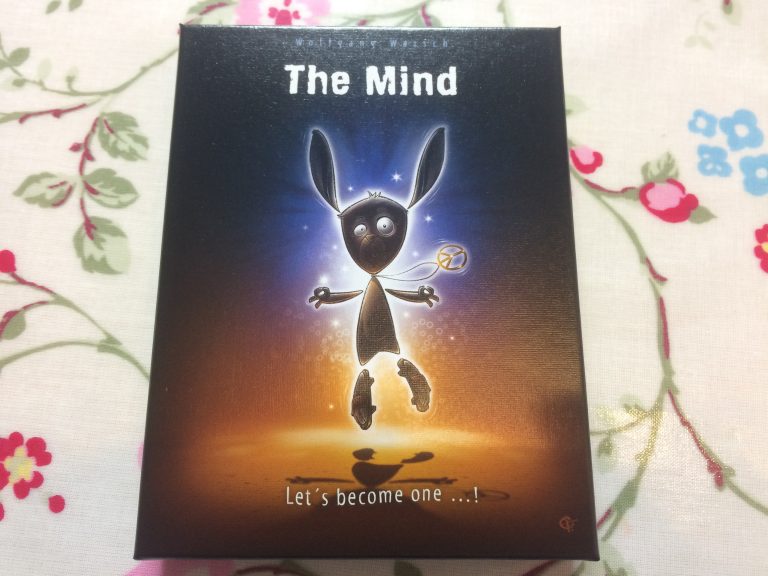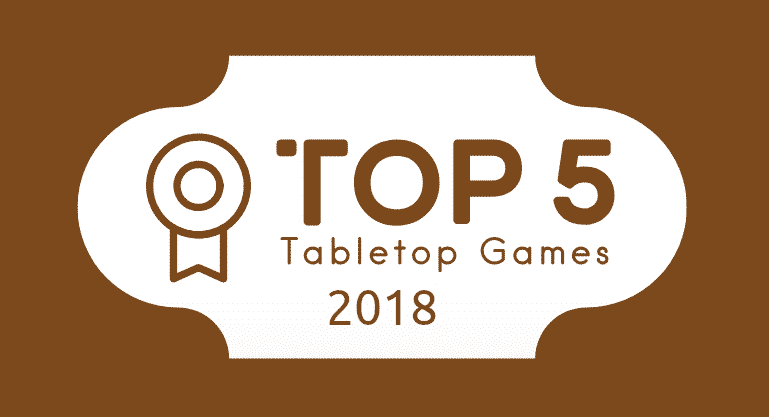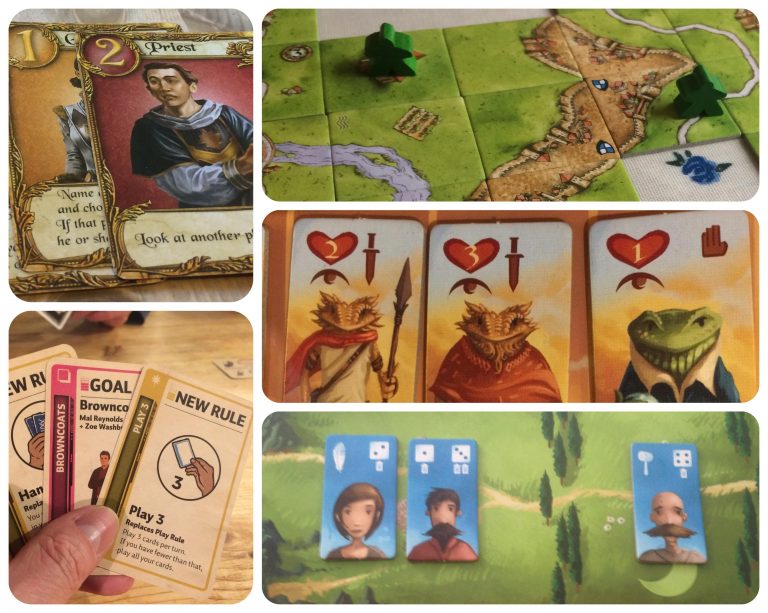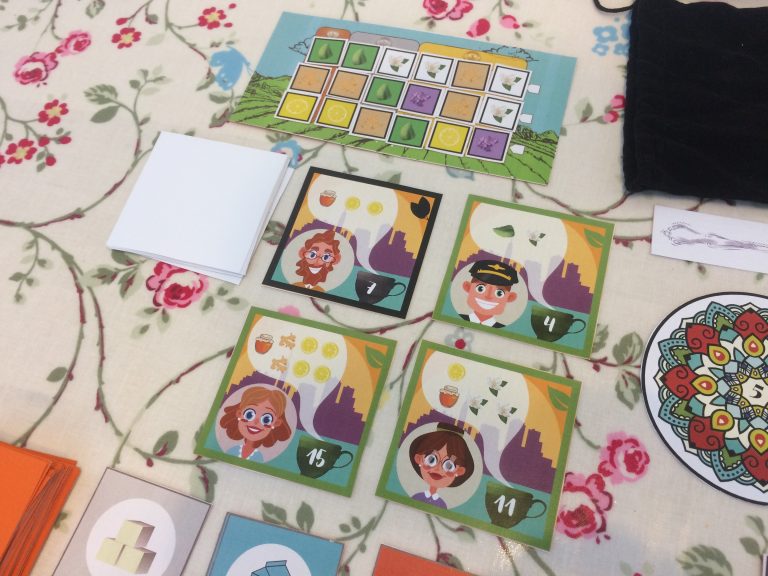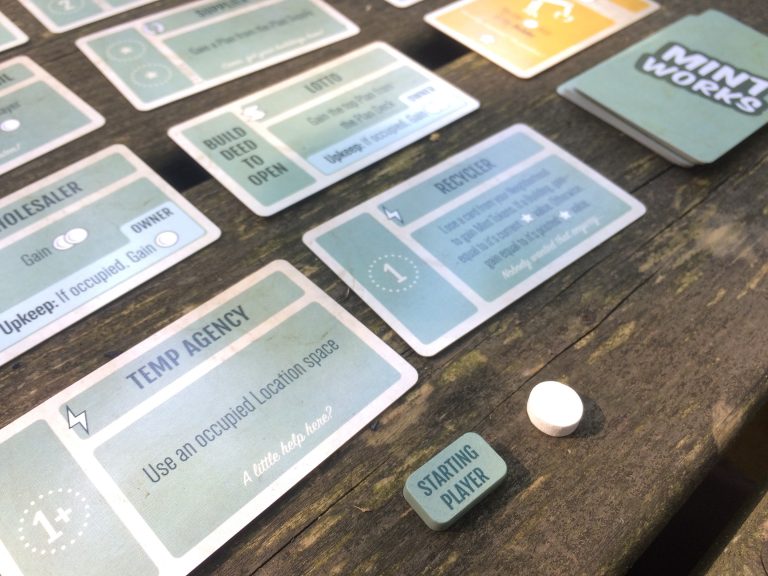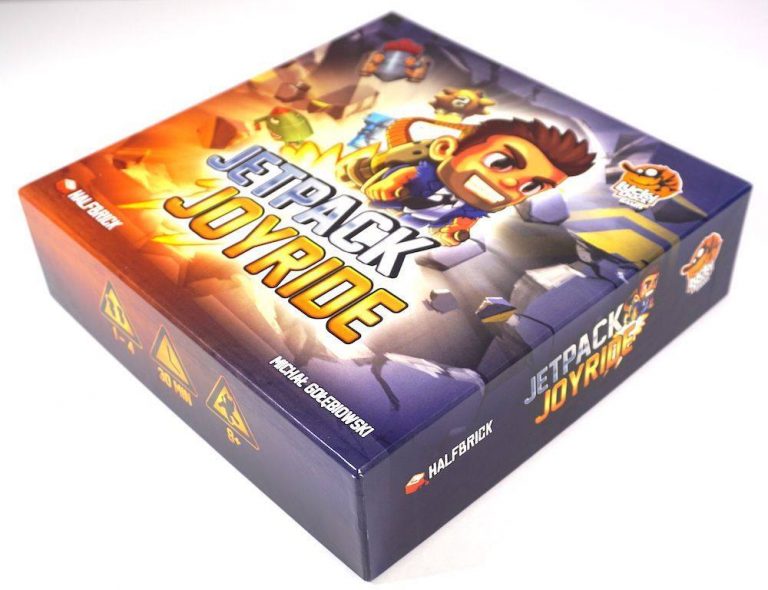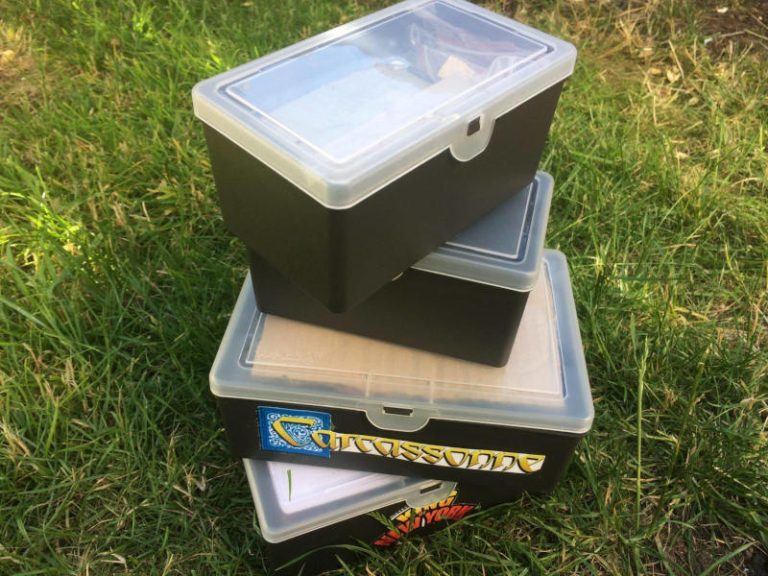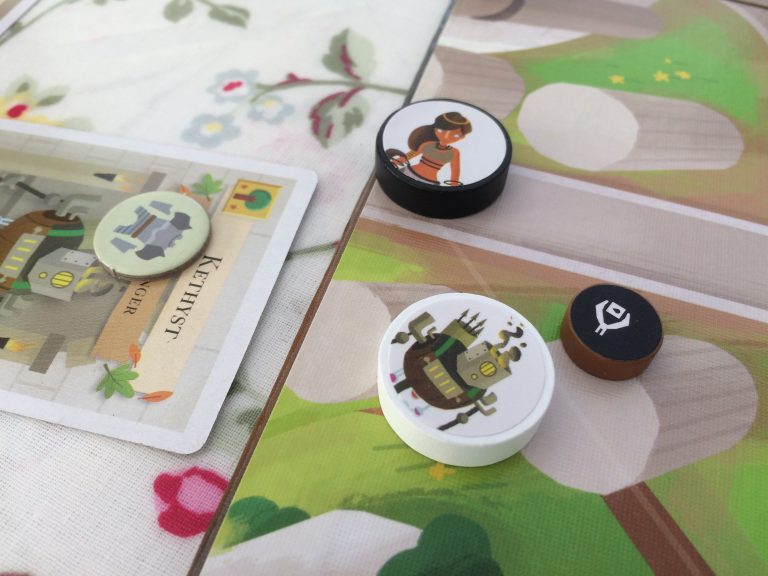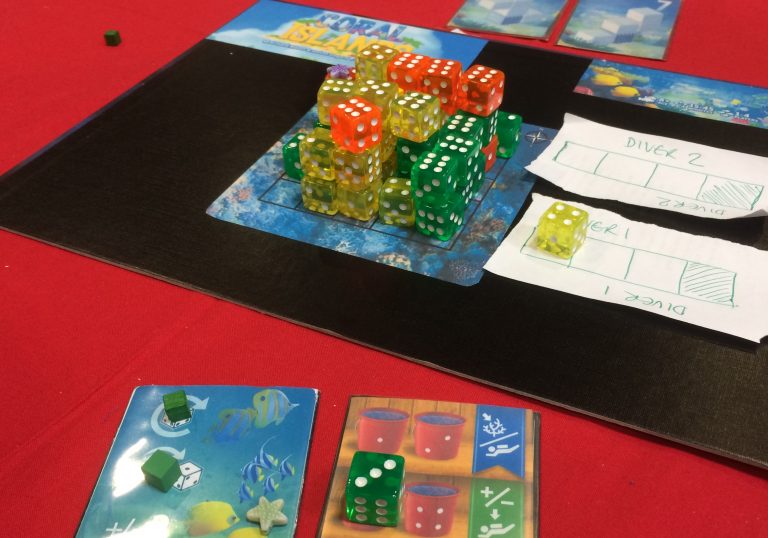The Mind (Saturday Review)
If you are looking for an easy-to-teach, easy-to-carry, quick, fun, co-operative card game, then The Mind by Coiledspring Games is the right game for you. However, let's start at the beginning. The game is really simply: there is a deck of cards numbered 1 to 100, every players is dealt a certain number randomly from the deck, there is no turn order and everyone plays when they feel the time is right, without co-ordinating with each other, and as long as all cards are played in ascending order everyone wins. That's pretty much all there is to it. Sounds easy enough - but it's actually really hard - and that's what makes this game so interesting in my view, as it creates a new gameplay mechanism that I have not come across before.


